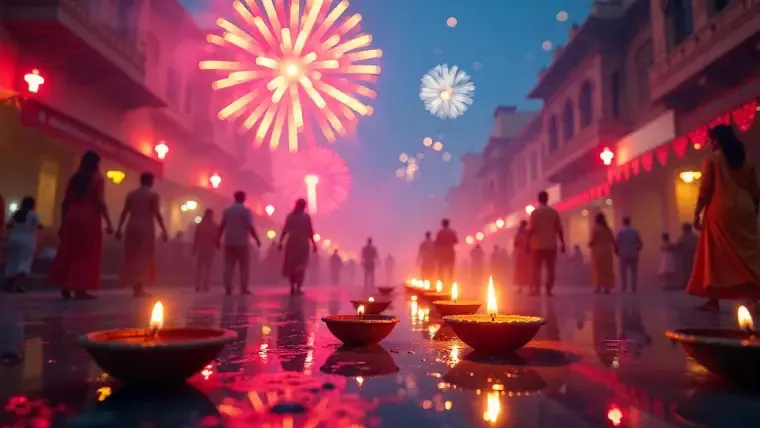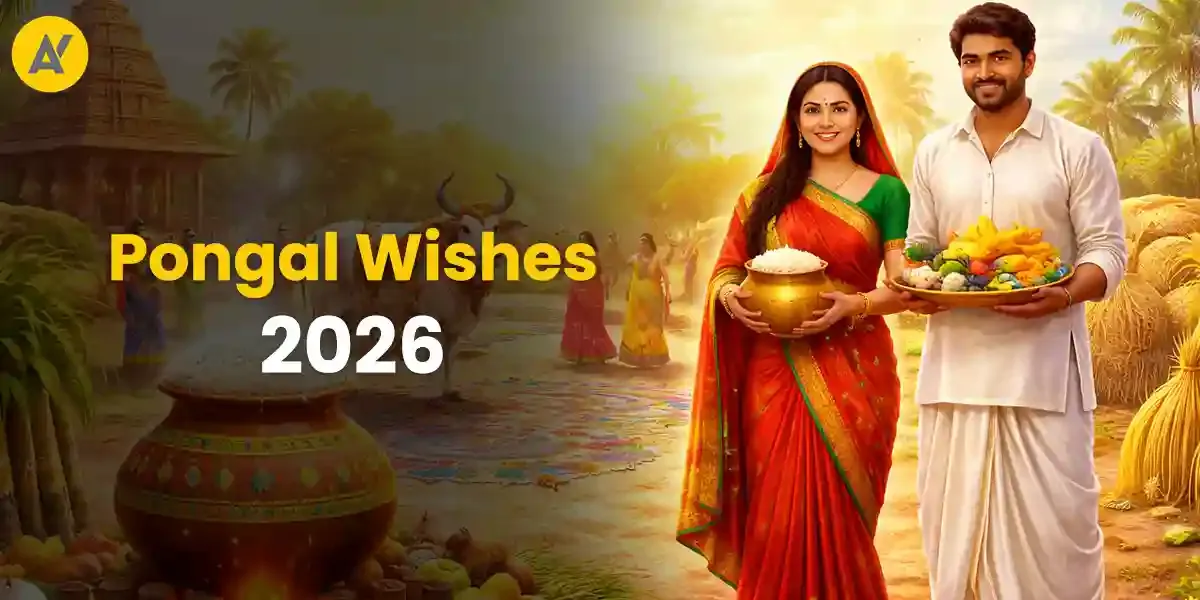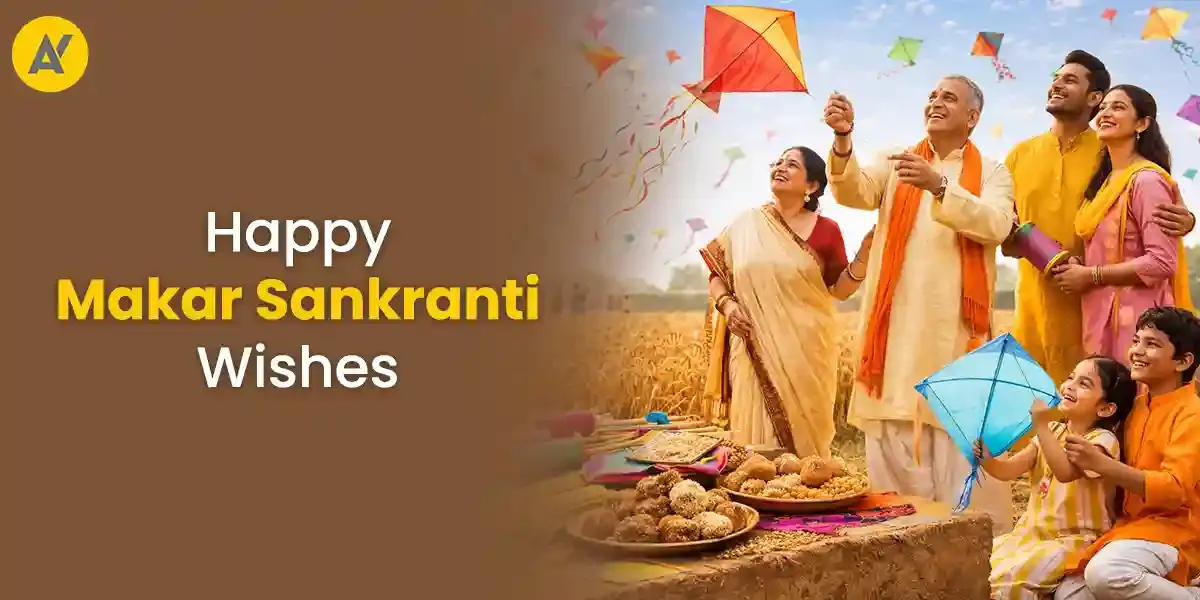
Sunday, January 18, 2026 Paksha:Krishna Tithi:Amavasya
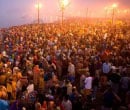
Sunday, January 18, 2026 Paksha:Krishna Tithi:Amavasya

Sunday, January 18, 2026 Paksha:Krishna Tithi:Amavasya
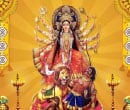
Monday, January 19, 2026 Paksha:Shukla Tithi:Prathama

Tuesday, January 20, 2026 Paksha:Shukla Tithi:Dvitiiya
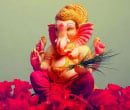
Thursday, January 22, 2026 Paksha:Shukla Tithi:Chaturthi
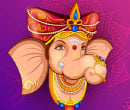
Thursday, January 22, 2026 Paksha:Shukla Tithi:Chaturthi

Friday, January 23, 2026 Paksha:Shukla Tithi:Panchami
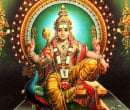
Saturday, January 24, 2026 Paksha:Shukla Tithi:Shashthi
Diwali, or as it is also popularly called, Deepavali, is one of the biggest festivals celebrated not only by the Hindus but also by Sikhs, Jains, and Buddhist communities of the country. The festival of light symbolizes the victory of good over evil, and this year, it will be celebrated with vigor on the 8th of November.
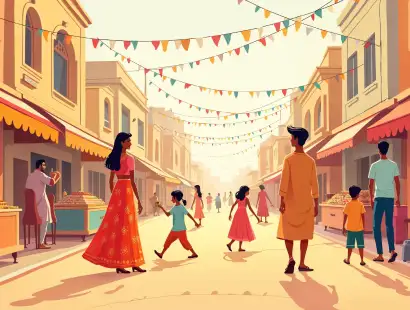


Duration - 01 Hour 58 Mins
Amavasya Tithi Begins - 11:27 AM on Nov 08, 2026
Amavasya Tithi Ends - 12:31 PM on Nov 09, 2026
Panchang, Rituals & Auspicious Timings
This festival is the most important one celebrated in the country, but it has equal importance among the Hindus residing in other parts of the world. The deep meaning behind this festival of light signifies the importance of joy and peace and the victory of light over darkness.
The day is celebrated to seek the blessings of Goddess Laxmi or Lakshmi, the Goddess of wealth and abundance. Celebrated over a period of five days, the festival is observed on the fifteenth day of the Kartik maas, as per the Hindu Panchang.
How to Perform Lakshmi Pooja on Diwali?
Laxmi puja performed on this propitious day is said to have a lot of benefits. As a result, every Hindu household performs this puja with great devotion. Let us take you through a step-by-step guide on how to perform the Puja vidhi associated with this day-
Clean the house. Preparations to thoroughly clean the house should be made days prior to the actual day of the festival.
Sprinkle Ganga Jal (holy water of the Ganges River) all around the house after every corner of the house is properly cleansed.
On the day of the festival, clean the puja room and set a wooden chowki or stool with a pile of grains in the center of a red cloth that is spread over the chowki (a low wooden seat or stool).
Place a Kalash (a kind of pot) on top of the pile of grains. Fill the Kalash with water and add a marigold flower, supari, coins, and some rice to this water.
Arrange five mango leaves over the mouth of the Kalash.
Place the idol of Goddess Laxmi to the right of Lord Ganesha on top of the chowki.
Take a puja thali (plate) and draw a lotus with turmeric on it. Put a pile of grains in the center of the thali and put some coins in it. Place the thali in front of the idols after this.
Businessmen must place their account books in front of the idols to attract abundance for their business.
Apply tilak (a mark worn on the forehead) to the Gods as well as to the Kalash and light an oil or ghee Diya in front of the chowki.
Offer flowers, fruits, coconut, and sweets to the God and Goddess.
Take some flowers in your hands and join hands together in prayer. Close your eyes and chant the auspicious mantras of this day. Offer the flowers in your hands to the God and Goddess once you are done reciting the mantras.
Offer Panchamrita to the Gods. (Panchamrita is a sacred, sweet mixture of five core ingredients – milk, curd, honey, sugar, and ghee – used in Hindu rituals)
Put kumkum (a dark red powder), turmeric, and rice on the idols. Offer a garland made of flowers to them.
Light an incense stick and dhoop in front of the idols.
Offer jewelry, cash, and other precious items to the Goddess of wealth.
Perform the Aarti to conclude the puja and light diyas all around the house to celebrate the festival of light.
Five-day festivities of Diwali
The biggest festival of the Hindus is celebrated over a period of five days. Here are the different festivals that are celebrated with much fanfare during the auspicious Diwali dates and time-
| Date | Tithi | Festival |
|---|---|---|
| 05 November 2026, Thursday | Krishna Dwadashi | Vasu Baras |
| 06 November 2026, Friday | Krishna Trayodashi | Dhanteras |
| 07 November 2026, Saturday | Krishna Chaturdashi | Kali Chaudas |
| 08 November 2026, Sunday | Krishna Chaturdashi | Narak Chaturdashi, Chhoti Diwali, Lakshmi Puja, Diwali |
| 08 November 2026, Sunday | Krishna Amavasya | Diwali Dev Puja |
| 09 November 2026, Monday | Shukla Pratipada | Govardhan Puja |
| 11 November 2026, Wednesday | Shukla Dwititya | Bhaiya Dooj |
Astrological Significance of Diwali
Astrologically, the Diwali dates and time hold a lot of relevance. It is from this day that the new lunar calendar starts, marking the beginning of the harvest season in the country. The planetary positions during this time are so auspicious and favorable that one can easily initiate new projects without a muhurat to gain wealth and prosperity.
Furthermore, during this time, the Sun and the Moon are in conjunction, promoting a period of harmony and abundance in everybody's life. These celestial bodies are placed in the Libra zodiac sign, in the Swati Nakshatra, which is a feminine constellation. Libra is a sign of balance, and hence, the onset of this festive season balances love, joy, wealth, and health in people's lives.
Significance of Diwali
Deepavali, which loosely translates to a "row of lights" in Hindi, accurately describes this festival as devotees decorate every corner of their abode with diyas, lights, candles, rangoli, and flowers on this day. It is significant not only because neighborhoods are alight with enchanting decorations and mesmerizing displays of fireworks, which are a wondrous sight to behold, but also because it marks the victory of good over evil.
The triumph of knowledge over the darkness of ignorance is the true meaning behind the victory of Lord Rama over the demon king Ravana. The entire country celebrates this day as it is bathed in a glow of colorful lights and diyas, creating an atmosphere of joy and exuberance.
Celebrated in one of the holiest months of the year, this auspicious day is eagerly awaited by not just the Hindus in the country but also by the Sikhs, Buddhists, and Jains, highlighting the spirit of brotherhood that is a significant feature of our country.
Rituals Associated with Diwali Festival
The festival of lights is celebrated with a lot of enthusiasm, and the days leading up to the festival are equally awaited by one and all. Here are some of the most prominent rituals that are associated with the celebrations of Lord Rama's return to Ayodhya-
The festival is also important due to the relevance of the cleansing ritual associated with it. It is performed with diligence as people clean their house to not only remove the dirt but also to let go of the worries of the past. It is symbolic of reinventing oneself before stepping into the light of this auspicious day. Days leading up to the festival involve family members getting together to clean and decorate the house to rid it of all negativities.
Houses are decorated with lights, diyas, and rangoli to welcome prosperity. With Diwali, the seasons take a turn as winter starts approaching, marking the beginning of a new season, and hence this festival and its decorations welcome newness into every aspect of our lives.
Shopping is another essential ritual associated with this festival. New things including gold, silver, clothes, electronics, etc., are bought during this festival, especially on the occasion of Dhanteras, as it is considered auspicious and is said to attract abundance in our lives.
Sweets and desserts are flooded in the markets as well as in the houses. Gujhiyas, rasgullas, laddoos, barfis, and more leave everyone's mouth-watering during this festive season. Gifts, primarily containing sweets, are shared on this occasion among near and dear ones to add a touch of sweetness to the day and our relationships.
The joyous tradition of bursting firecrackers is especially popular among kids, but traditionally, it is believed to be significant to ward off evil energies. The illuminated sky with fireworks is a sight to behold. However, the need to practice moderation is imminent, as firecrackers are not good for the environment and must therefore be avoided.
Beautiful rangolis made out of colors and flowers are an important part of the rituals of this day. Intricate designs are created at the entrance of the house to welcome Goddess Laxmi on this day. Rangolis are further decorated with diyas to leave the visitors enchanted as they come to visit on this day.
Legend Associated with the Diwali Festival
We are all familiar with the fact that this festival is celebrated to commemorate the return of Lord Rama after his exile of fourteen years to the kingdom of Ayodhya. However, there is another legend about the rebirth of Goddess Laxmi on this day.
The Goddess of Fortune, as the story goes, left the divine world and immersed herself in the ocean due to the arrogant behavior of Indra. Without the blessings of the Goddess of prosperity, the world was in disarray, pushing it into darkness. All the Gods desperately prayed to her to come back.
After thousands of years, Goddess Laxmi was finally reborn on the petals of a lotus flower. With her rebirth, the world once again received her blessings, and it is for this reason that Laxmi puja holds such great relevance on this day.
The festival of Deepavali brings light and abundance into the hearts and souls of every devotee. The spell-binding atmosphere during this five-day festival is eagerly awaited each year as it brings people together, sharing their joys and happiness.
To know more about the Diwali dates and time, connect with Astroyogi astrologers right away!
Festival List
- Nag Panchami
- Raksha Bandhan
- Janmashtami
- Ganesh Chaturthi
- Onam
- Pitru Paksha
- Shardiya Navratri
- Durga Puja
- Dussehra
- Karwa Chauth
- Dhanteras
- Diwali
- Govardhan Puja
- Bhai Dooj
- Chhath Puja
- Tulsi Vivah
- Guru Nanak Jayanti
- Christmas
- New year
- Lohri
- Pongal
- Makar Sankranti
- Vasant Panchami
- Shivratri
- Ramadan
- Holi
- Good Friday
- Navratri
- Gudi Padwa
- Ugadi
- Vaisakhi
- Ram Navami
- Mahavir Jayanti
- Hanuman Jayanati
- Buddha Purnima
- Akshay Tritiya
- Shani Jayanti
- Guru Purnima
- Hariyali Teej

